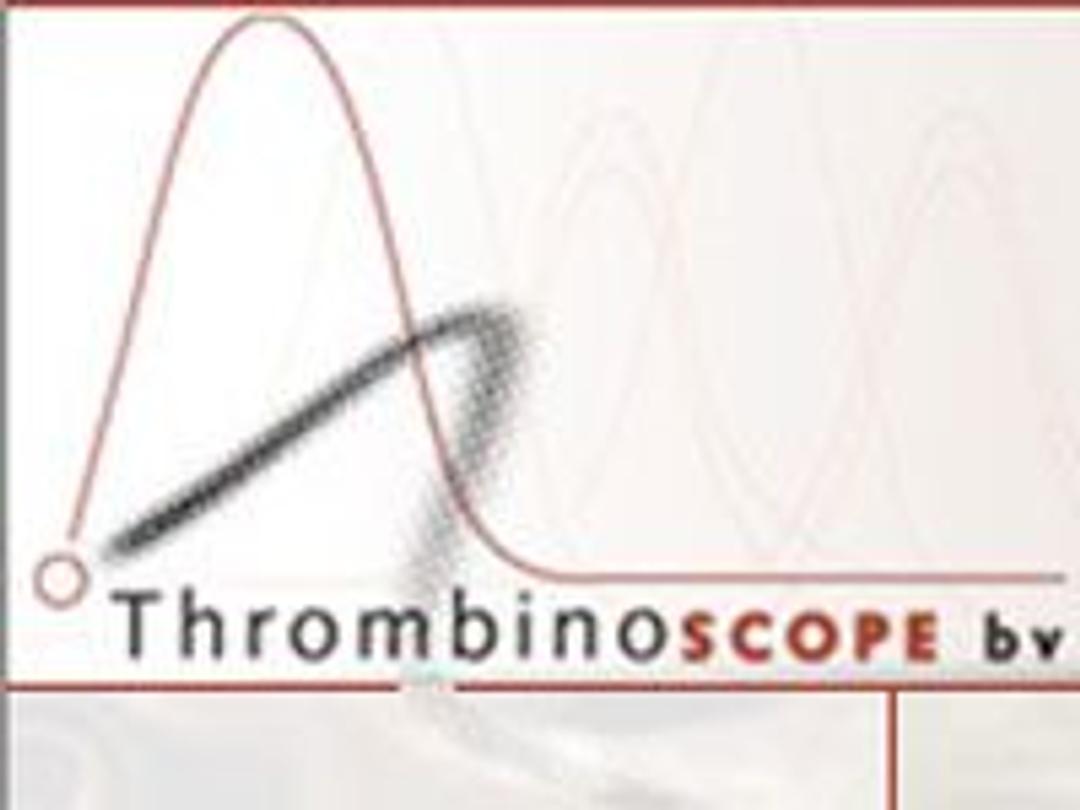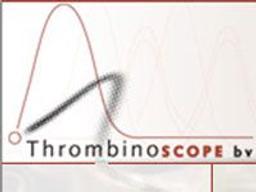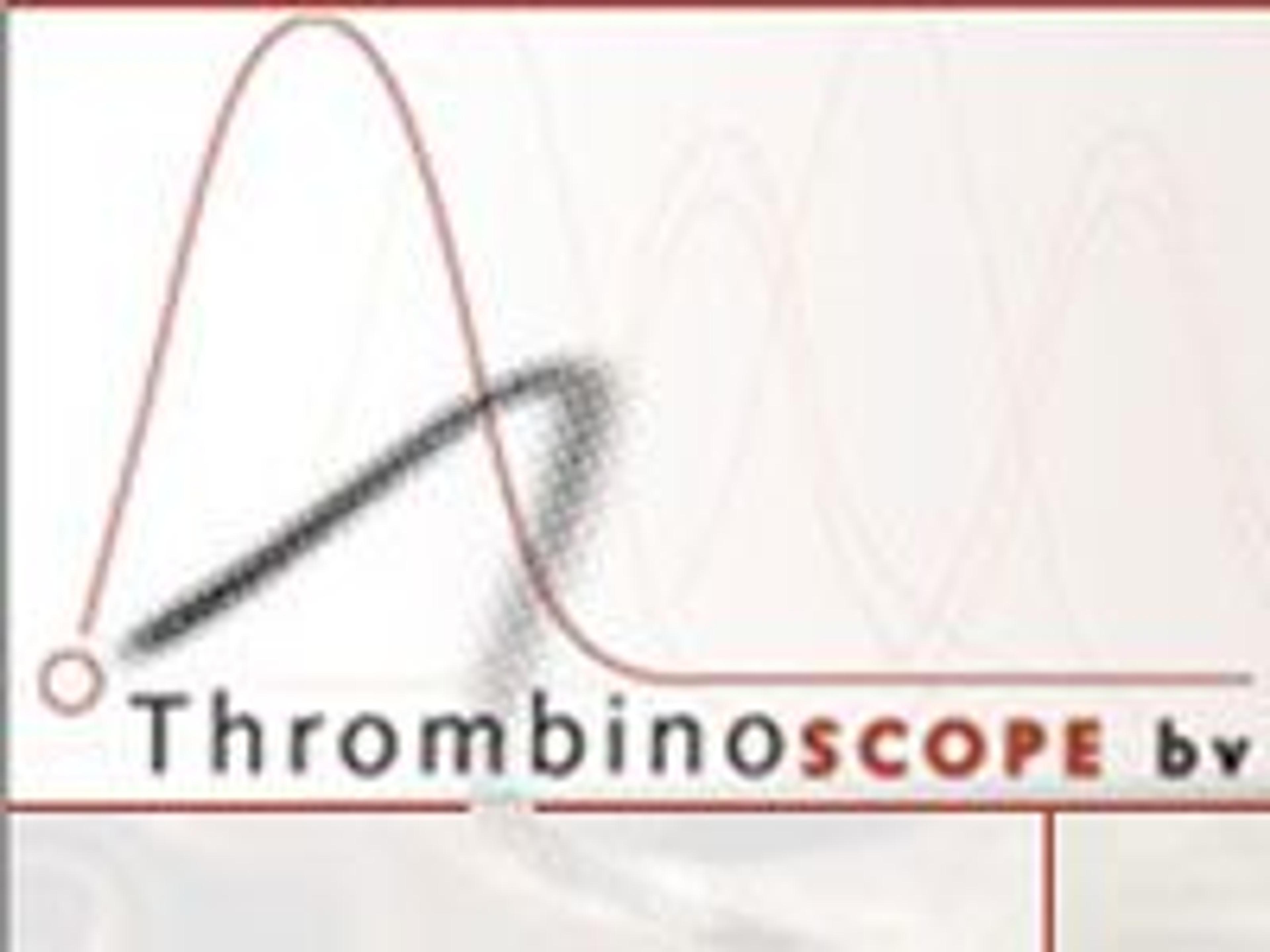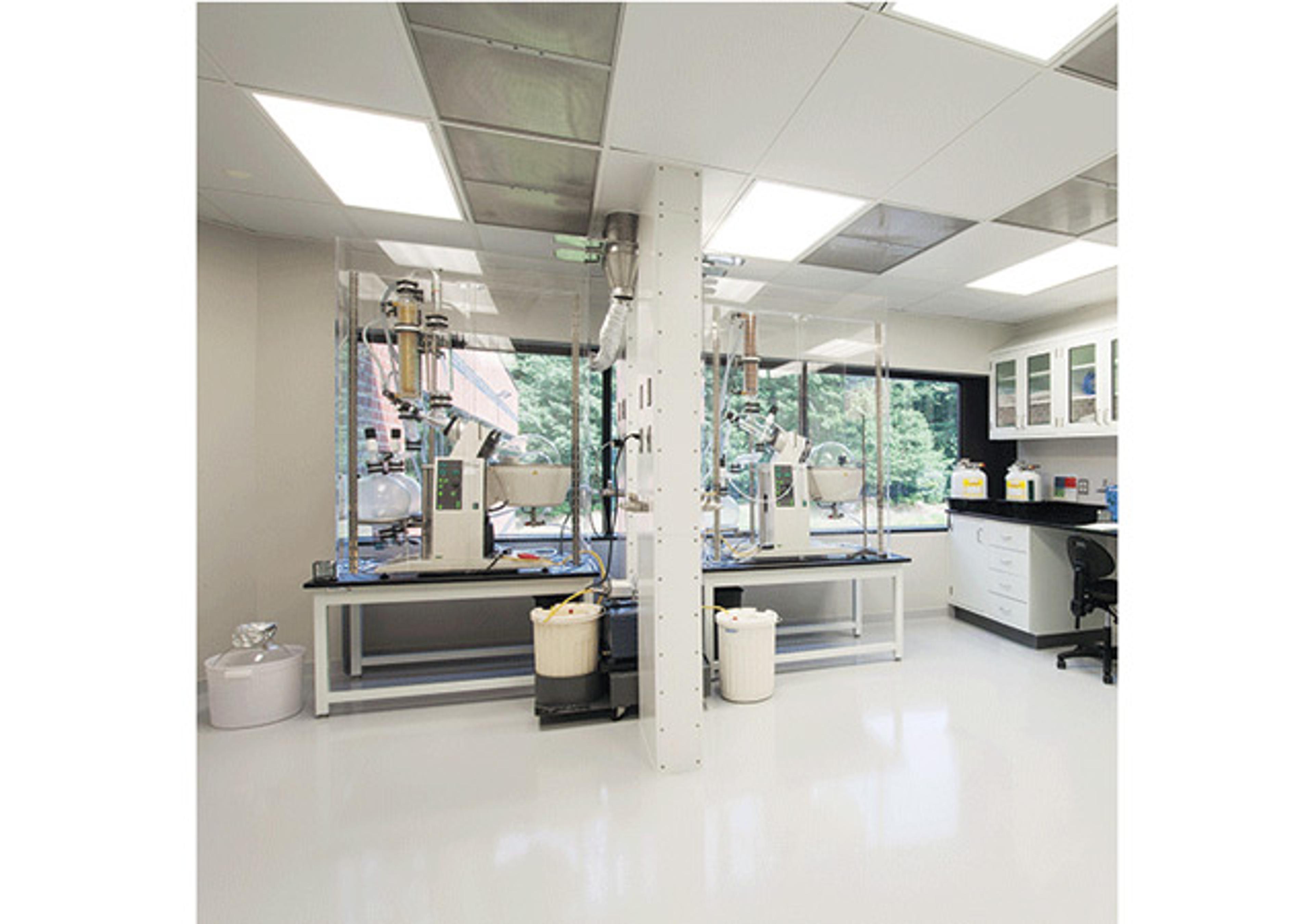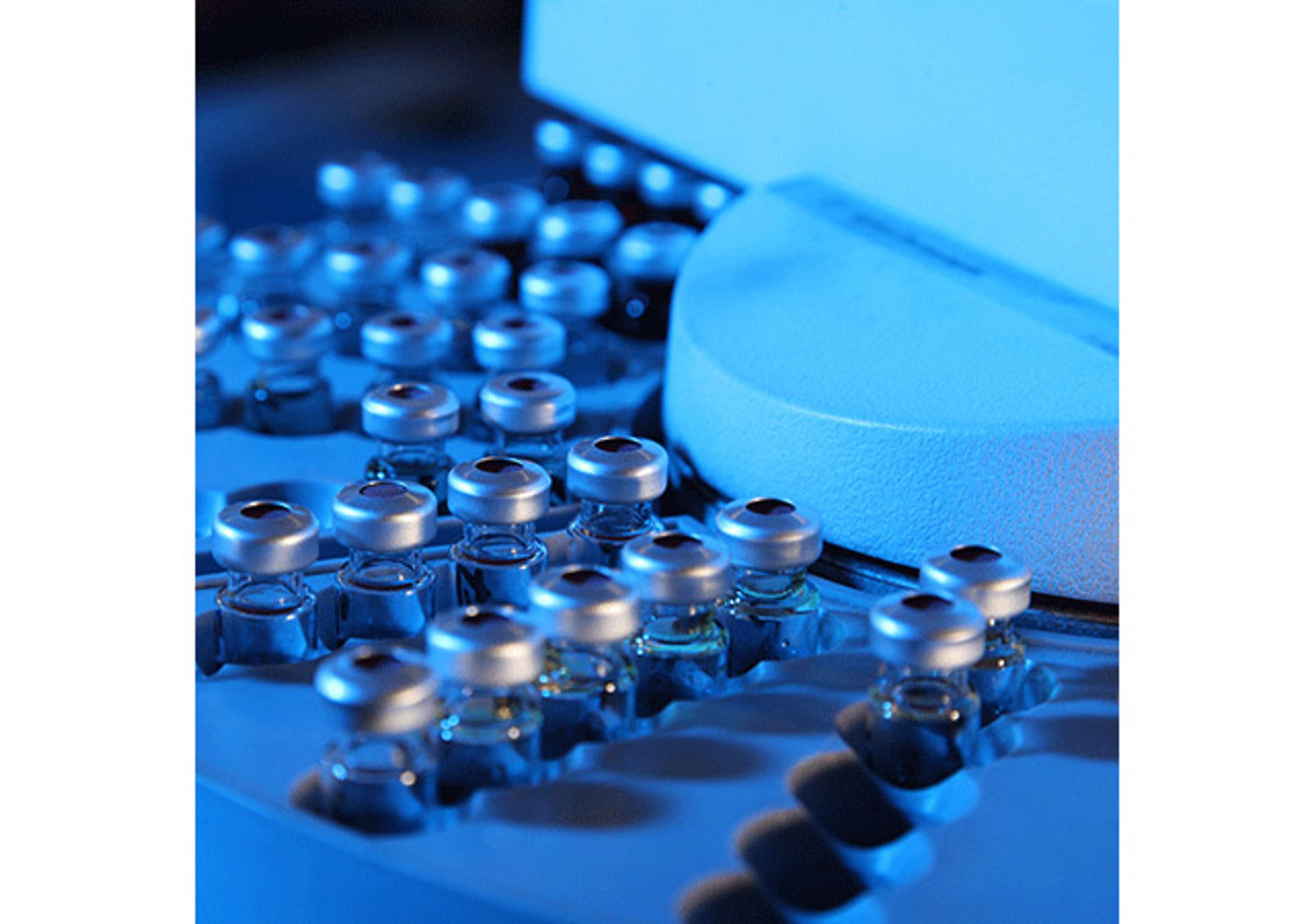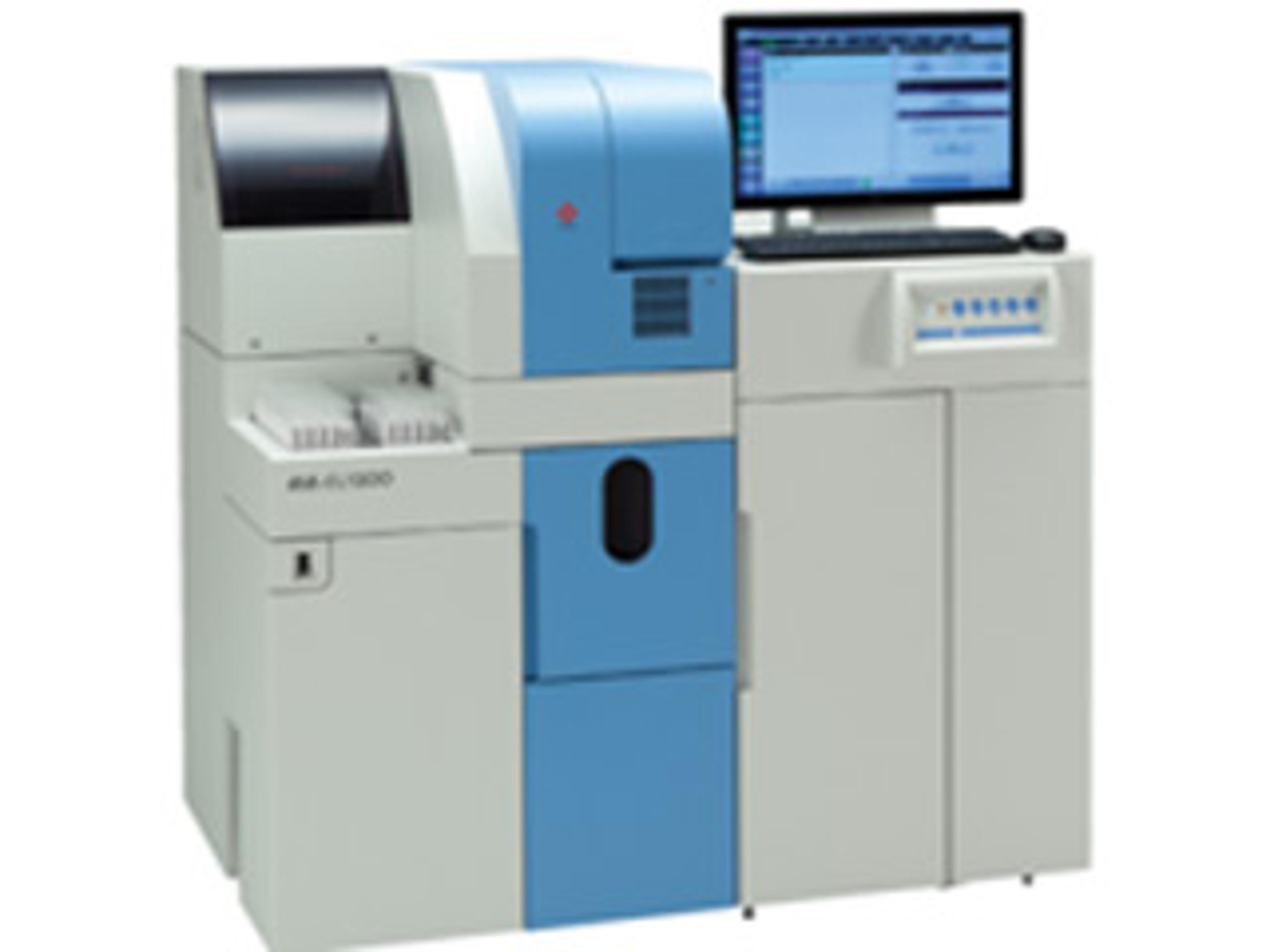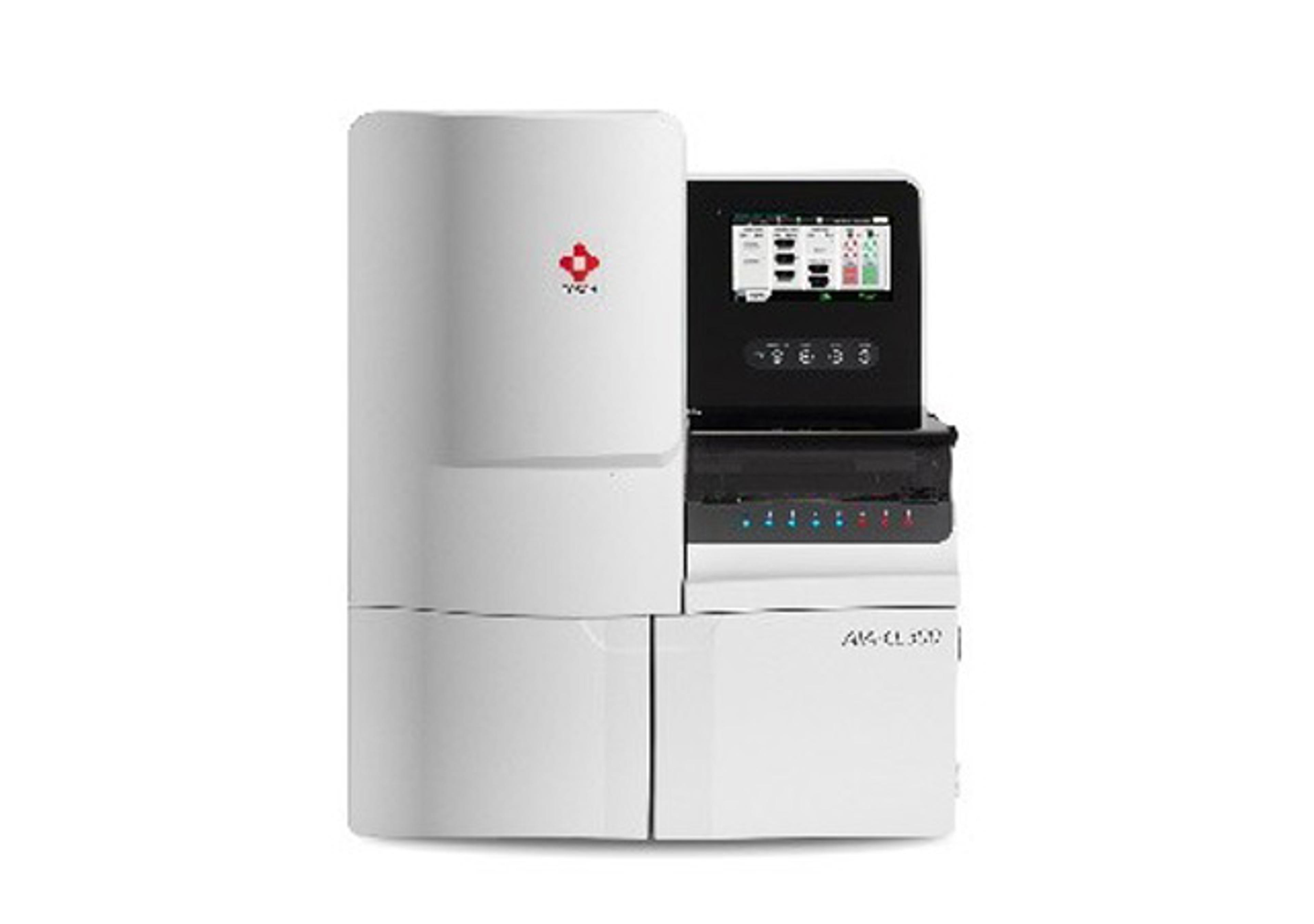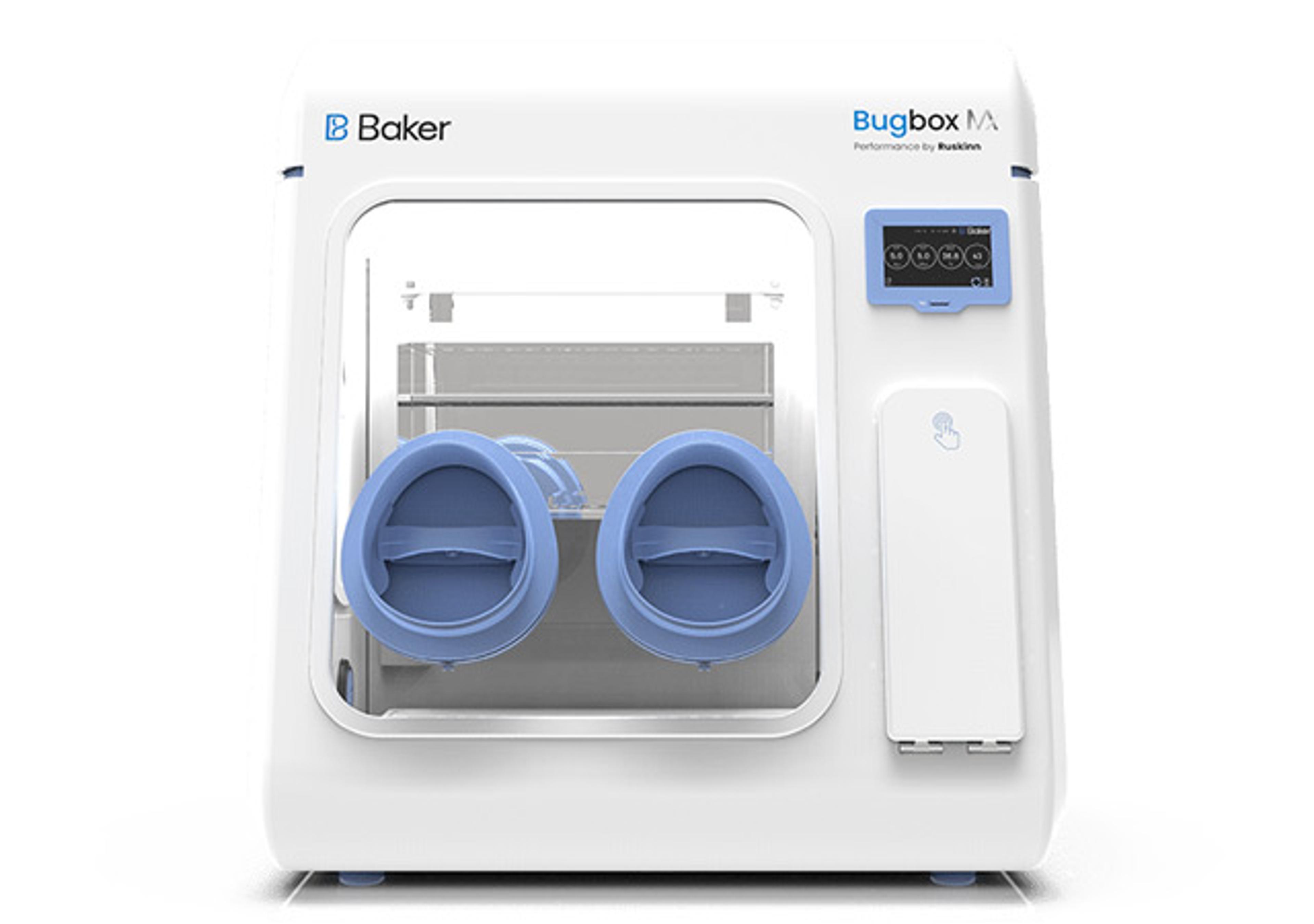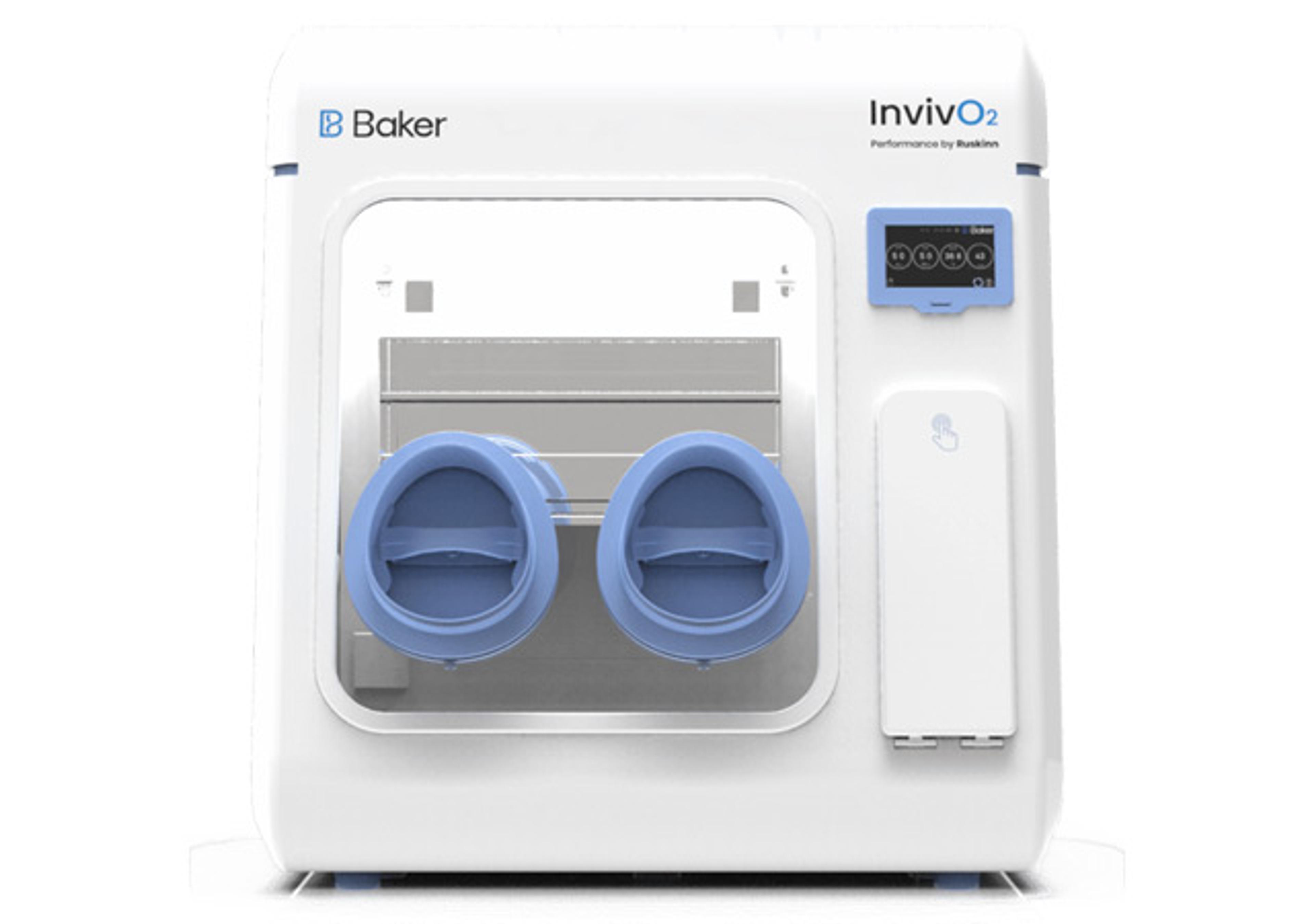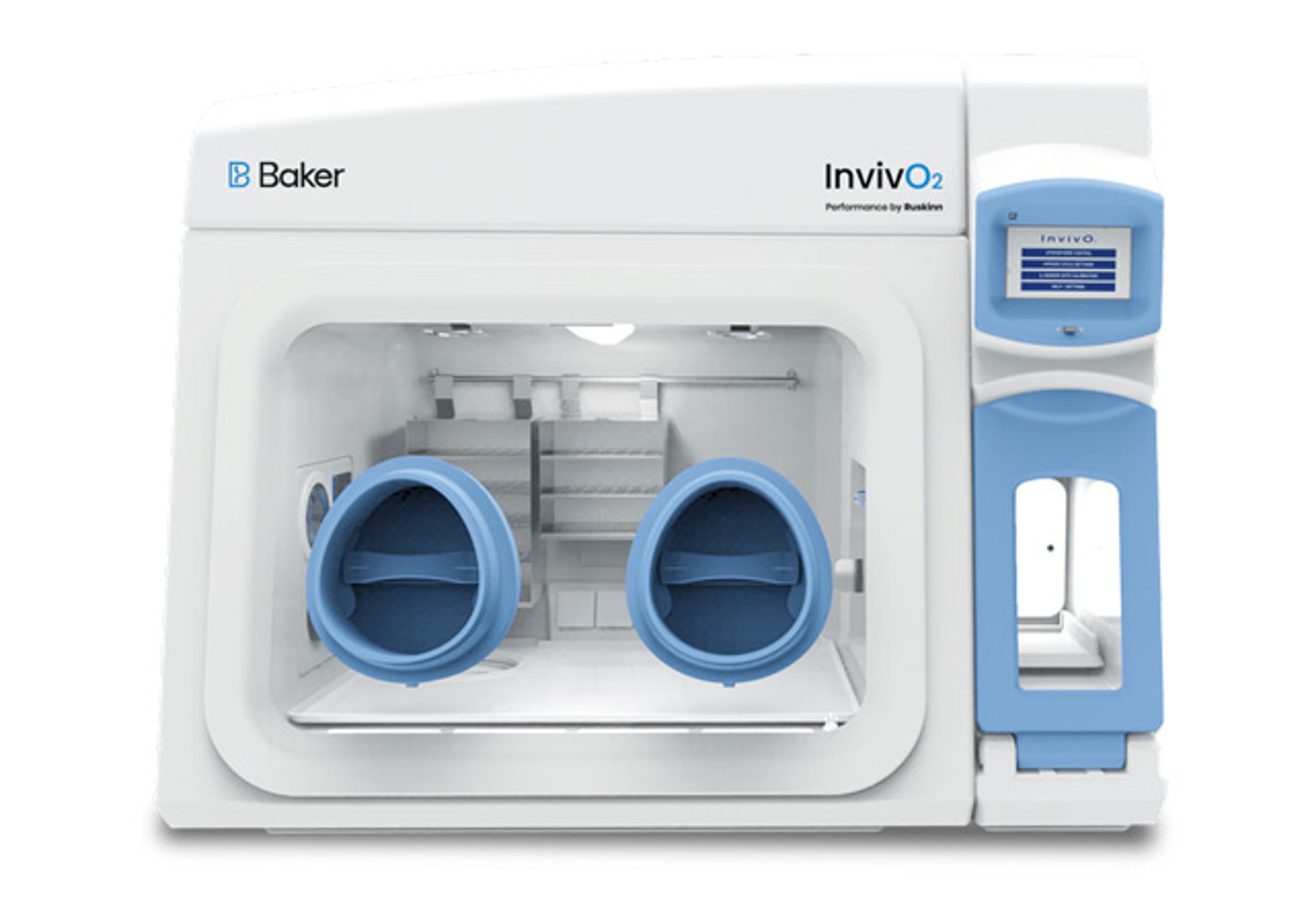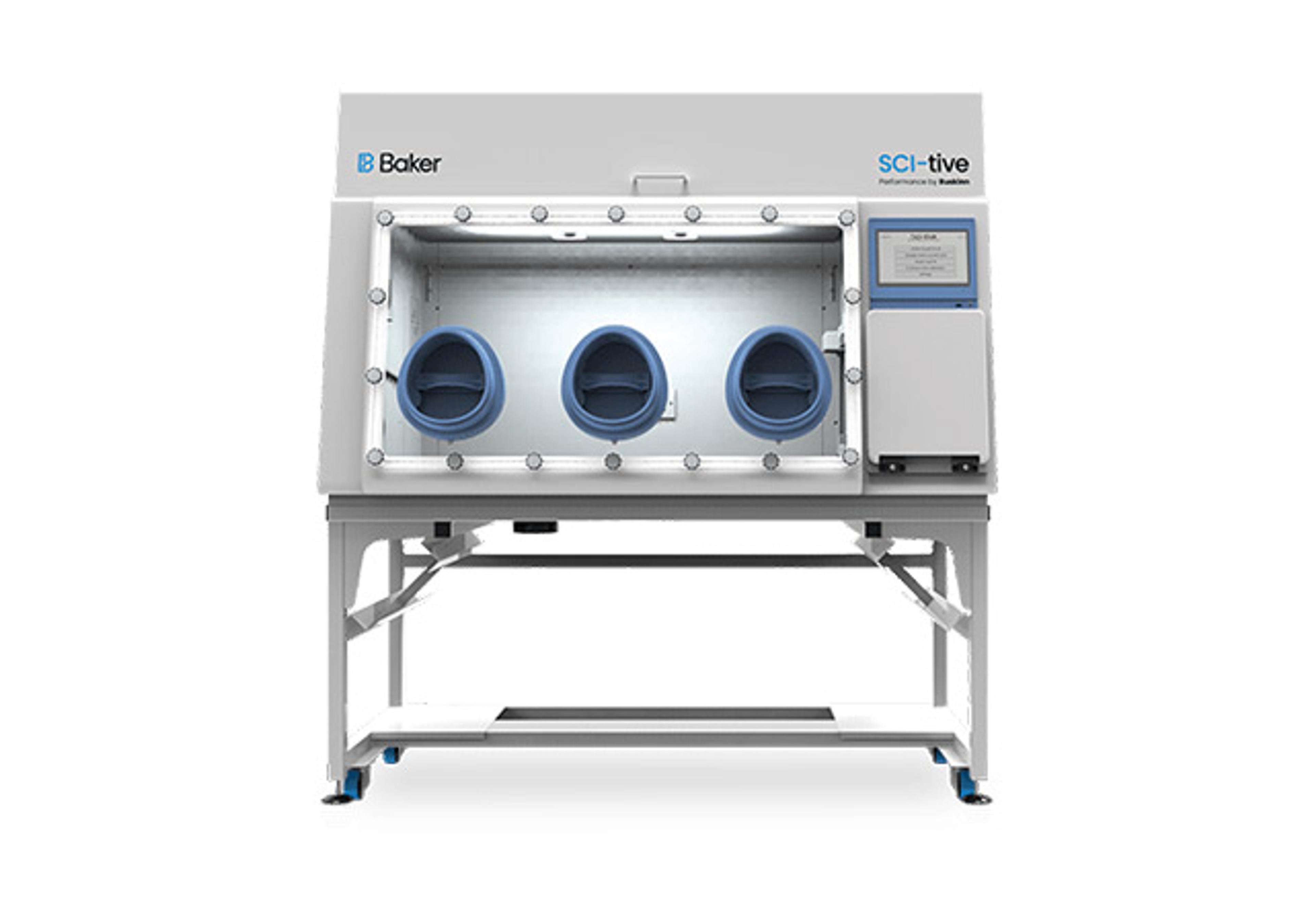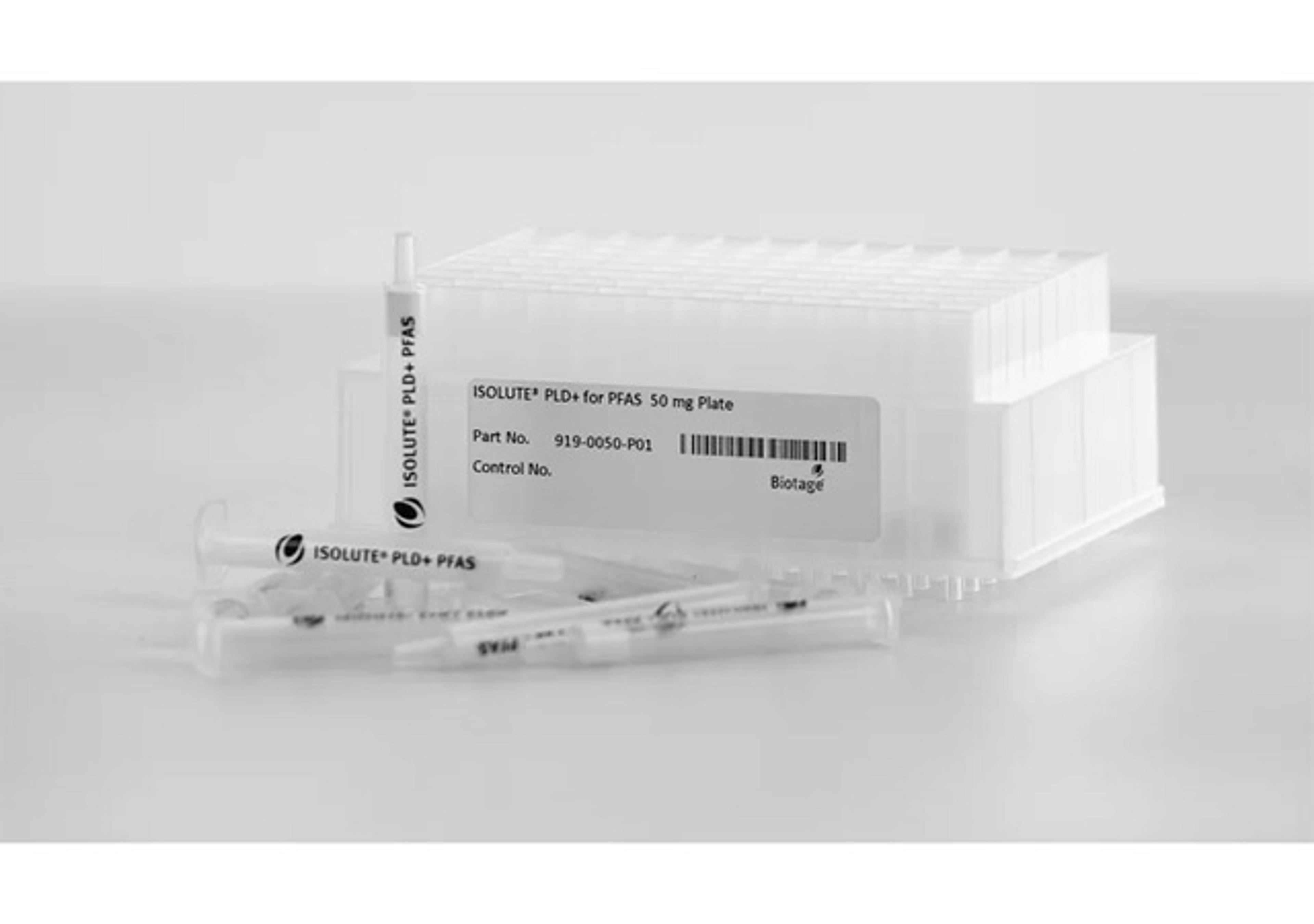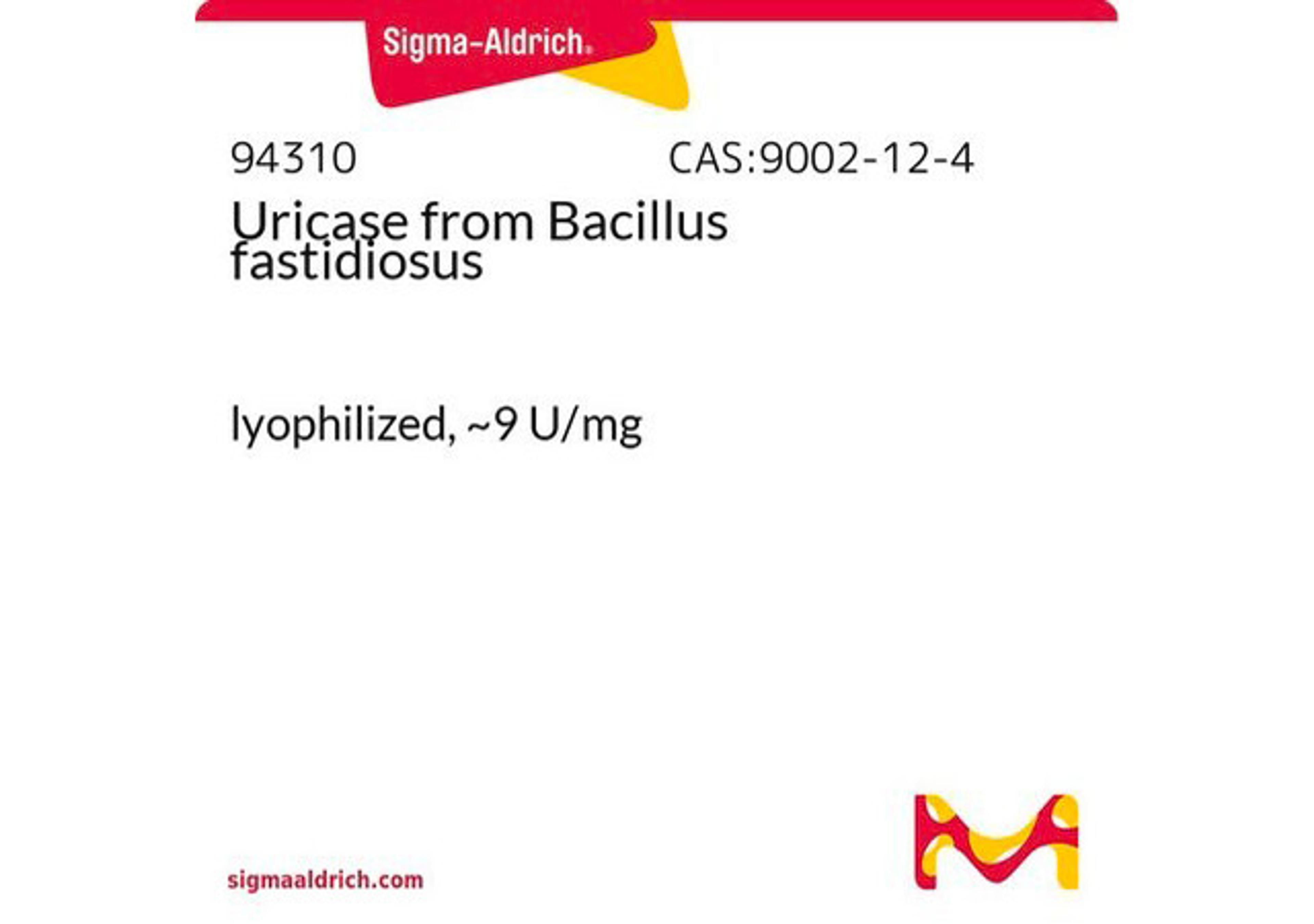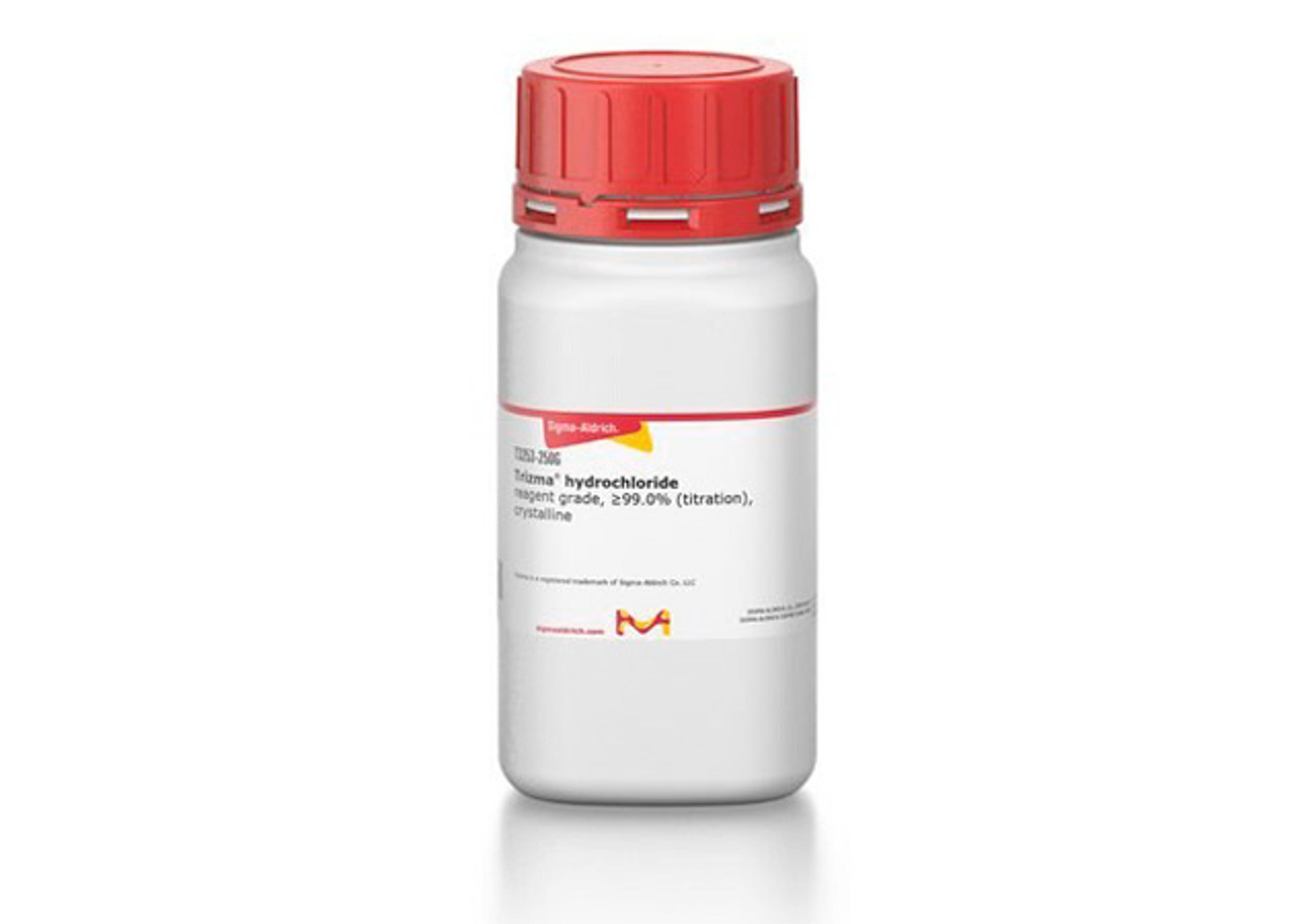The Calibrated Automated Thrombogram (CAT)
The Thrombogram describes the concentration of thrombin in clotting plasma and is therefore a general physiologic function test of the thrombotic hemostatic system. The CAT measures thrombotic as well as bleeding tendency and can be used: To measure any genetic or acquired thrombotic disorder such as AT deficiency or use of oral anticonceptives To support the development of antithrombotic drugs such as antiplatelet drugs…

The supplier does not provide quotations for this product through SelectScience. You can search for similar products in our Product Directory.
The Thrombogram describes the concentration of thrombin in clotting plasma and is therefore a general physiologic function test of the thrombotic hemostatic system. The CAT measures thrombotic as well as bleeding tendency and can be used:
- To measure any genetic or acquired thrombotic disorder such as AT deficiency or use of oral anticonceptives
- To support the development of antithrombotic drugs such as antiplatelet drugs and direct inhibitors of thrombin.
- To monitor the treatment of hemophilic disorders such as treatment with factor VIII, factor VIIa.
- To monitor the treatment of thrombotic disorders such as treatment with oral anticoagulant drugs (coumarin), any heparin (UFH, Fraxiparin), antiplatelet drugs (Reopro, Clopidogrel) or any combination of drugs.
- To obtain a full picture of the thrombotic tendency of patients at high risk for thrombosis or bleeding
The method uses the Thrombinoscope™ software available from Thrombinoscope BV and is intended for research purposes only. Our patented technique is measured on a Thrombinograph™, a 96-well plate fluorimeter available from Thermo Scientific, and uses a thrombin calibrator that is needed to correct for inner filter effect, donor-to-donor variability in color of plasma, substrate depletion and instrumental differences.
Thrombin is often seen as the end-product of the coagulation cascade and as such responsible for the final step, the conversion of the soluble protein fibrinogen into the insoluble fibrin clot. However, the coagulation cascade has so many (nested) feedback loops and inhibitory pathways that are all directly or indirectly influenced by the developing thrombin concentration that thrombin plays a central and pivotal role throughout the whole process. This makes the description of the concentration of thrombin in time an excellent tool to obtain a full picture of coagulability.

